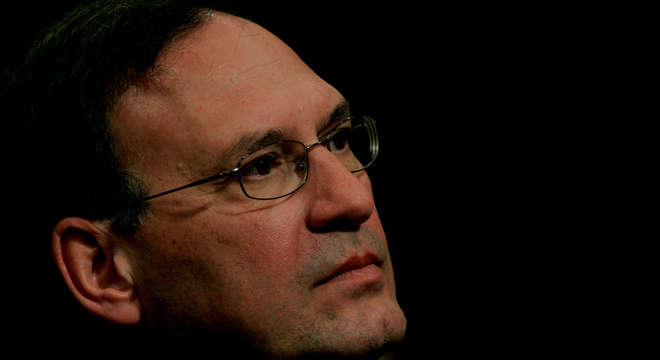Among the several big decisions delivered today, including a partial overturning of Arizona’s SB 1070 and a defense of Citizens United, the Supreme Court ruled, 5-4, that mandatory life sentences without parole for juveniles convicted of murder violate the Eighth Amendment.
“By requiring that all children convicted of homicide receive lifetime incarceration without possibility of parole, regardless of their age and age-related characteristics and the nature of their crimes, the mandatory sentencing schemes before us violate this principle of proportionality, and so the Eighth Amendment’s ban on cruel and unusual punishment,” Justice Elena Kagan wrote in the majority opinion. Kagan was joined by Justice Ruth Bader Ginsburg, Justice Stephen Breyer, Justice Sonya Sotomayor, and Justice Anthony Kennedy.
The decision inspired three separate dissenting opinions, from Chief Justice John Roberts, Justice Clarence Thomas, and Justice Samuel Alito, who felt strongly enough that he read a portion of his opinion from the bench.
“Even a 17½-year-old who sets off a bomb in a crowded mall or guns down a dozen students and teachers is a ‘child’ and must be given a chance to persuade a judge to permit his release into society,” Alito wrote. “Nothing in the Constitution supports this arrogation of legislative authority.”
Alito argued that the majority decision shows that Eighth Amendment cases are “no longer tied to any objective indicia of society’s standards.”
“Future cases may extrapolate from today’s holding, and this process may continue until the majority brings sentencing practices into line with whatever the majority views as truly evolved standards of decency,” he wrote.
The Supreme Court has previously invalidated the death penalty for people under 18 (in a 2005 ruling) and life without parole for people under 18 convicted of crimes other than murder (in a 2010 ruling). In his dissent, Alito wrote that the two cases before the Court in this instance, which involved 14-year-olds, were not typical of the kind of cases the ruling would affect.
“The two (carefully selected) cases before us concern very young defendants, and deÂspite the brutality and evident depravity exhibited by at least one of the petitioners, it is hard not to feel sympathy for a 14-year-old sentenced to life without the possibility of release,” Alito wrote. “But no one should be confused by the particulars of the two cases before us. The category of murderers that the Court delicately calls ‘children’ (murderers under the age of 18) consists overwhelmingly of young men who are fast approaching the legal age of adulthood. Evan Miller and Kuntrell Jackson are anomalies; much more typical are murderers like Donald Roper, who committed a brutal thrill-killing just nine months shy of his 18th birthday.”
Alito noted that 17-year-olds committed an average of 424 murders and non-negligent homicides per year between 2002 and 2010, and that Congress and 43 state legislatures “have concluded that at least some of these murderers should be sentenced to prison without parole” while “28 States and the Federal Government have decided that for some of these offenders life without parole should be manÂdatory.”
“The majority of this Court now overrules these legislative judgments,” he wrote.
Kagan’s opinion, meanwhile, includes a footnote that attempts to address the concerns raised by Alito.
“[W]e see a certain irony in their repeated references to 17-year-olds who have
committed the ‘most heinous’ offenses, and their comparison of those defendants to the 14-year-olds here,” Kagan wrote. “Our holding requires factfinders to attend to exactly such circumstances — to take into account the differences among defendants and crimes. By contrast, the sentencing schemes that the dissents find permissible altogether preclude considering these factors.”
A 2010 New York Times article examined the practice of reading dissents from the bench, which has increased in recent years and which, Adam Liptak wrote in the Times, “is suggestive of an increasingly polarized court.”
Read both the majority and the dissenting opinions here.






